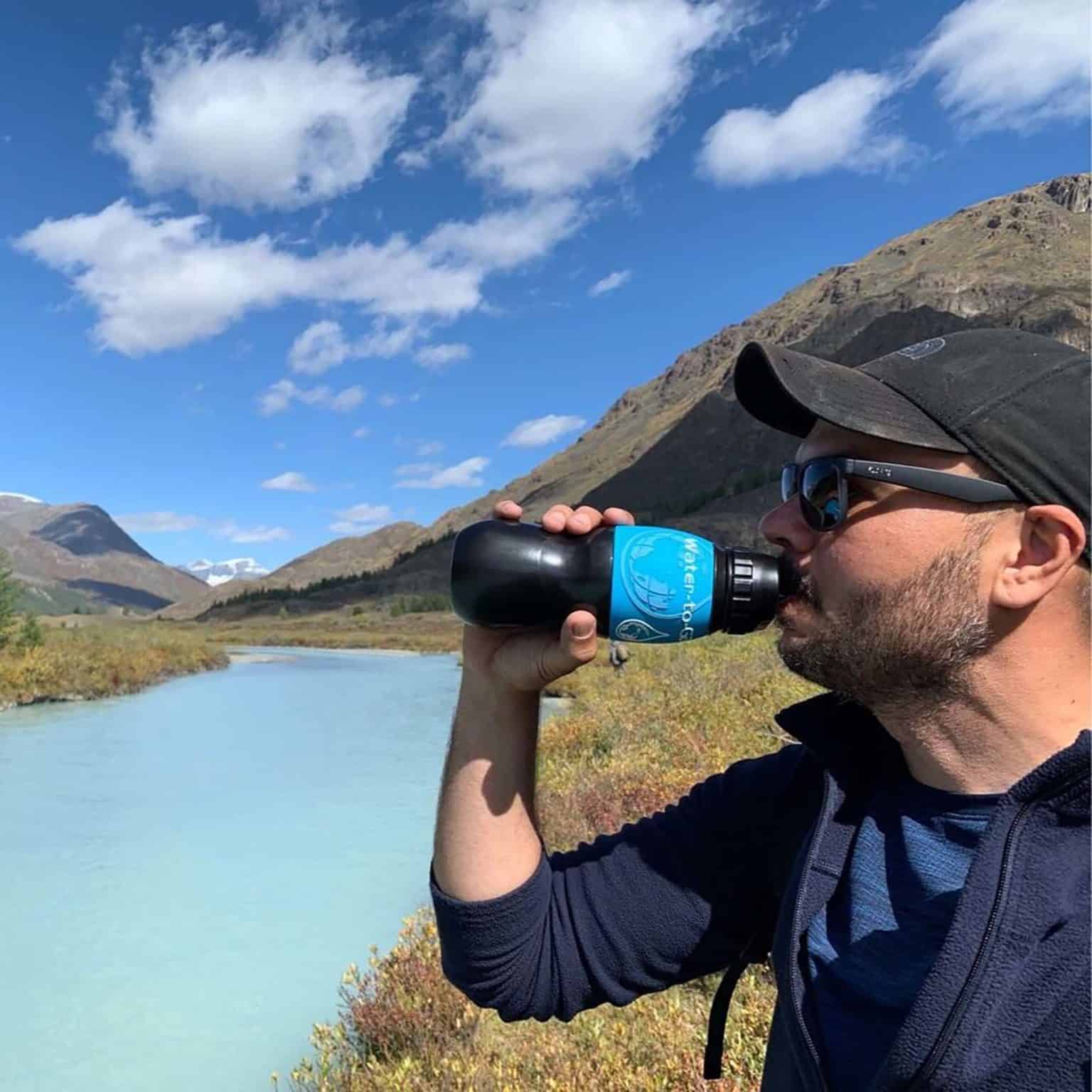Cryptosporidium Is A Parasite
Cryptosporidium is a leading cause of waterborne disease among people in the United States. While this parasite can be spread in several ways, drinking contaminated water is the most common way the parasite can be spread.
Cryptosporidium infection comes from cryptosporidia, which is a small protozoan parasite that affects the intestines of mammals. When cryptosporidia enter the body, they burrow into the walls of your intestine.
The parasite is incredibly hard to deal with and is very difficult to destroy. Cryptosporidium infection produces a resistant spore called an oocyst with ten recognized cryptosporidium species that live across a host of different animals.
The parasite is primarily transmitted through water that is contaminated by feces. If the parasite finds its way into the public water supply, fatal results can occur. For context, it was reported in 1993 about 60 people died after more than 400,000 people were infected in Milwaukee, Wisconsin.
Unfortunately, cryptosporidia are also highly resistant to chlorine and other disinfectants.

Symptoms of Cryptosporidium
Cryptosporidium is diagnosed after examination of a stool sample. Symptoms of cryptosporidium show in several ways:
- Diarrhea
- Dizziness
- Lightheadedness
- Nausea
- Dehydration
- Overheating
For those with a weakened immune system, the effects of infection can be more severe.
What Causes Cryptosporidium
Cryptosporidium infection starts with a one-celled cryptosporidium parasite that ranges in different strains that cause minor to more serious symptoms.
While inside of the intestinal wall, it quickly multiplies and begins shedding greater quantities of parasites through feces. This creates a highly infectious situation for individuals and communities.
There are a few ways where it is more common to become infected:
- Drinking contaminated water poses a high risk for cryptosporidium parasites and other water-borne diseases.
- Swimming in contaminated water that hosts parasites and swallowing some accidentally creates a risk of infection.
- Eating raw or contaminated food such as fruits and vegetables that have been washed in untreated water.
- Touching your face, particularly around the mouth after coming in contact with contaminated people, surfaces, or water sources.
Greater Risk For Hikers, Campers, Travelers
Cryptosporidium infection can be avoided with the right water filtration system, but there are people who may be at a higher risk level than the average person.
- Backpackers and hikers who drink without using water filtration
- Travelers, especially those who travel in remote locations or developing countries
- Swimmers who accidentally swallow water in recreational water locations
- Individuals and communities who drink from untreated and shallow wells
- Parents who have infected children
- Children wearing diapers, or who regularly go to childcare
- Child care workers
- Individuals and communities who work with animals
Individuals with compromised immune systems from HIV/AIDS are more susceptible to illness from parasites compared to those with healthy immune systems, which is why it is incredibly important to avoid contaminated drinking water.
For those with higher risk factors, cryptosporidium can cause malnutrition, severe dehydration, unhealthy weight loss, and inflammation of the intestinal tract and gallbladder.
How To Protect Yourself from Cryptosporidium With a Water-to-Go Filter System

Water-to-Go 3-in-1 filter system removes cryptosporidia from drinking water.
Cryptosporidium parasites have water-borne oocysts that range from 4-6 μm in diameter. The Water-to-Go filter system has an effective pore size of less than 0.7 μm which prevents cryptosporidium parasites from getting into your body. With a reliable filter water bottle, you can fill up any freshwater source and have pure water in a matter of seconds. Simply fill the bottle with water, replace the lid, and drink clean drinking water without worry of parasites or other water-borne illnesses.
